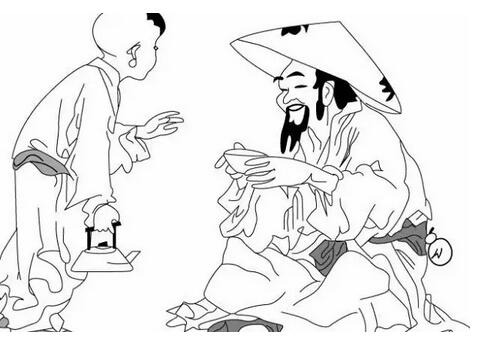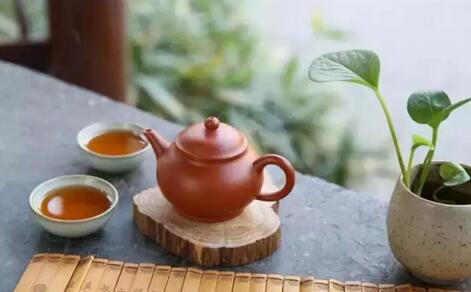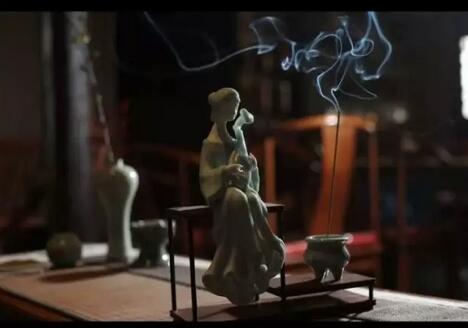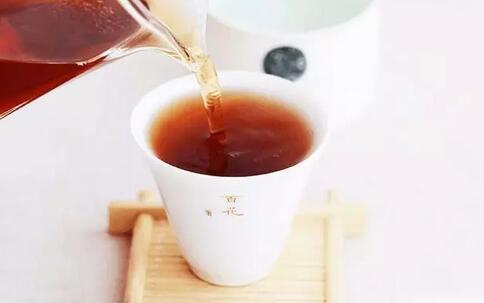Having drunk many kinds of tea, one learns about every aspect of tea. When drinking, one carefully considers the tea's origin and cultural background, the appearance and aroma of the dry leaves, the flavor and color of the brew, and the texture and hue of the steeped leaves, striving to understand as much as possible. Thus, even now, many of the teas I've tasted leave a deep impression.

I've introduced many teas—some picked and processed by my own hands. For those teas, I can describe the shape of the tea trees, the appearance of the tender leaves when plucked, the evolving aromas during production, their distinctive features, and even their flaws with ease, as if I were still picking in the garden or crafting them under a master's guidance. Others I've brewed and tasted myself, allowing me to introduce them naturally and vividly, as if the cup were right before me. Some teas I've only heard about, researched online, or read of in books; I have a general idea but can only parrot others' words without true understanding. And so, I yearn for the day I can brew them myself and take that first sip!

The more teas I long to try, the more I appreciate the three-word Zen teaching of Master Zhaozhou Congshen: "Go drink tea." Zen practice is like drinking tea—it must be experienced in every moment of life, as ordinary as sipping tea, washing a bowl, eating, or sleeping. Only through personal practice can one truly understand its sweetness or bitterness.
"After a meal, brew strong tea and drink it, then sit by the pond counting fish," "After porridge and rice, drink tea, open the window, and gaze at the green mountains alone," "After Zen, recite Hanshan's verses; after a meal, brew strong rain-tea." How natural, desireless, and free these scenes are! Whether a frequent visitor, a newcomer, or the monastery's host, all are simply told to "drink tea." This cup of tea embodies the master's ordinary mind. With this simple act—something anyone can do—Master Zhaozhou dissolved the attachments in people's hearts.

Drinking tea is like life—its value lies in personal experience. Some teas win with boldness; others with delicacy. Some triumph with fragrance, others with fame. Some impress with intensity, others with rarity. Some thrive on novelty, while some never aim to win at all...
As Taiwanese tea master Fan Zengping described the flavors of tea: Drinking rock tea is like "returning from Huangshan and finding no other mountains worth seeing." Drinking white tea is "flavorless, yet the ultimate flavor." Drinking red tea is the taste of leisurely city life. Drinking jasmine tea is the flavor of spring in one's hometown. Drinking pu-erh tea is "having crossed the sea, no water compares; having seen Wu Mountain, no clouds impress." Drinking Alishan tea is the taste of primal forests. Drinking Wenshan Pouchong is the feeling of a Taiwanese afternoon tea. Drinking Oriental Beauty tea is the sweet-potato warmth of autumn harvests. Drinking Taoyuan Longquan tea is the taste of Hakka hospitality...

To know what lies within a cup of tea, you need only experience it yourself—take a sip, and everything becomes clear!